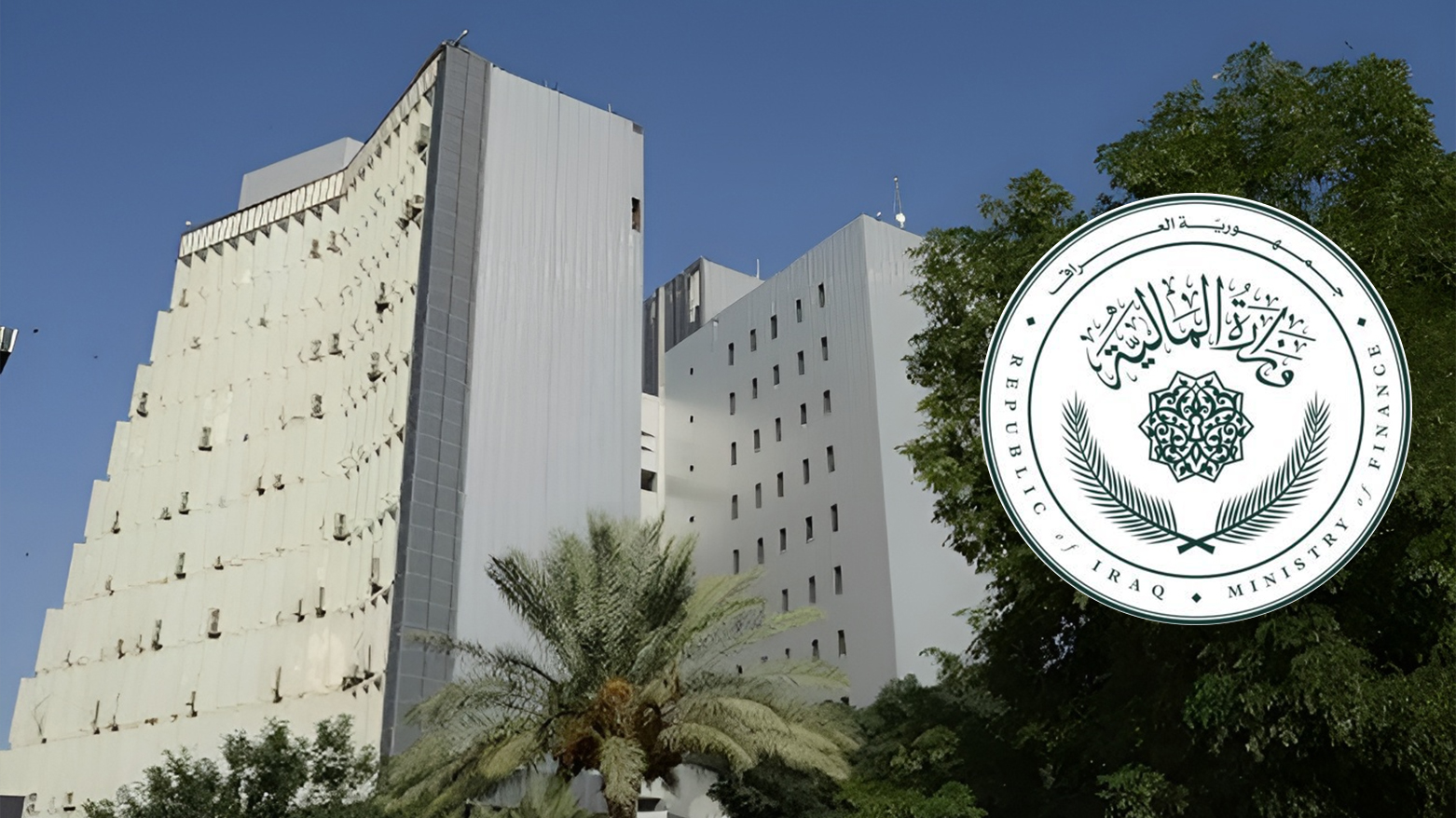Iraq’s Finance Ministry Rejects “Politicization” of Pension Payment Delays Ahead of Elections
Finance Ministry says pension delays stem from technical glitches, not liquidity shortages, and warns against turning retirees’ livelihoods into an election issue.

ERBIL (Kurdistan24) — Iraq’s Ministry of Finance on Thursday strongly rejected attempts to politicize the recent delay in pension disbursements, warning against using the issue as an electoral tool in the run-up to national elections.
“The ministry’s work is purely financial and administrative, based on the budget and applicable laws, and not subject to political considerations,” the statement said, dismissing what it described as “systematic attempts” to distort its efforts and undermine trust in the institution.
The ministry stressed that the holdup was due to technical issues with bank transfers and electronic payment systems, not a lack of liquidity. It assured retirees that all funds are fully secured and have been pre-allocated in the federal budget.
In a statement, the ministry confirmed that all allocations for pensions were pre-approved within the federal budget and remain available in government treasury accounts. It attributed the disruption to procedural delays in electronic payment and transfer processes between banks, which temporarily affected the release schedule.
"Technical teams are working continuously with banking institutions to resume payments soon," the statement added, while also pledging to enhance efficiency in future disbursements to avoid similar delays.
The ministry concluded by affirming its commitment to safeguarding public funds and ensuring retirees’ rights, while calling for an end to efforts to politicize its work.
Amid growing fiscal strain, Iraq’s Ministry of Finance has faced repeated scrutiny over delays in pension and salary disbursements. While the ministry insists such delays stem purely from technical glitches in banking and electronic payment systems, the timing—coinciding with heightened political tensions and the approach of elections—has fueled widespread speculation.
In the Kurdistan Region, for example, Iraq's Deputy Parliament Speaker Shakhawan Abdullah accused Baghdad of taking “pleasure in tormenting” its public servants by delaying salaries. These delays sparked protests, including demonstrations and lawsuits aimed at decoupling employee pay from broader political disputes.
The unrest extended to retirees and pensioners, many already struggling on fixed incomes. In Baghdad, hundreds of retirees rallied outside the National Pension Authority, demanding timely payment and better support.
This backlash—alongside mounting legal and parliamentary actions—appears to have pressured the Ministry to issue its strongly worded clarification. Emphasizing that funds are fully secured and the delay is administrative, not financial, the Ministry sought to deflect attempts to politicize or weaponize the issue ahead of critical elections, reaffirming its role as a strictly administrative and budget-driven body.
